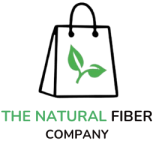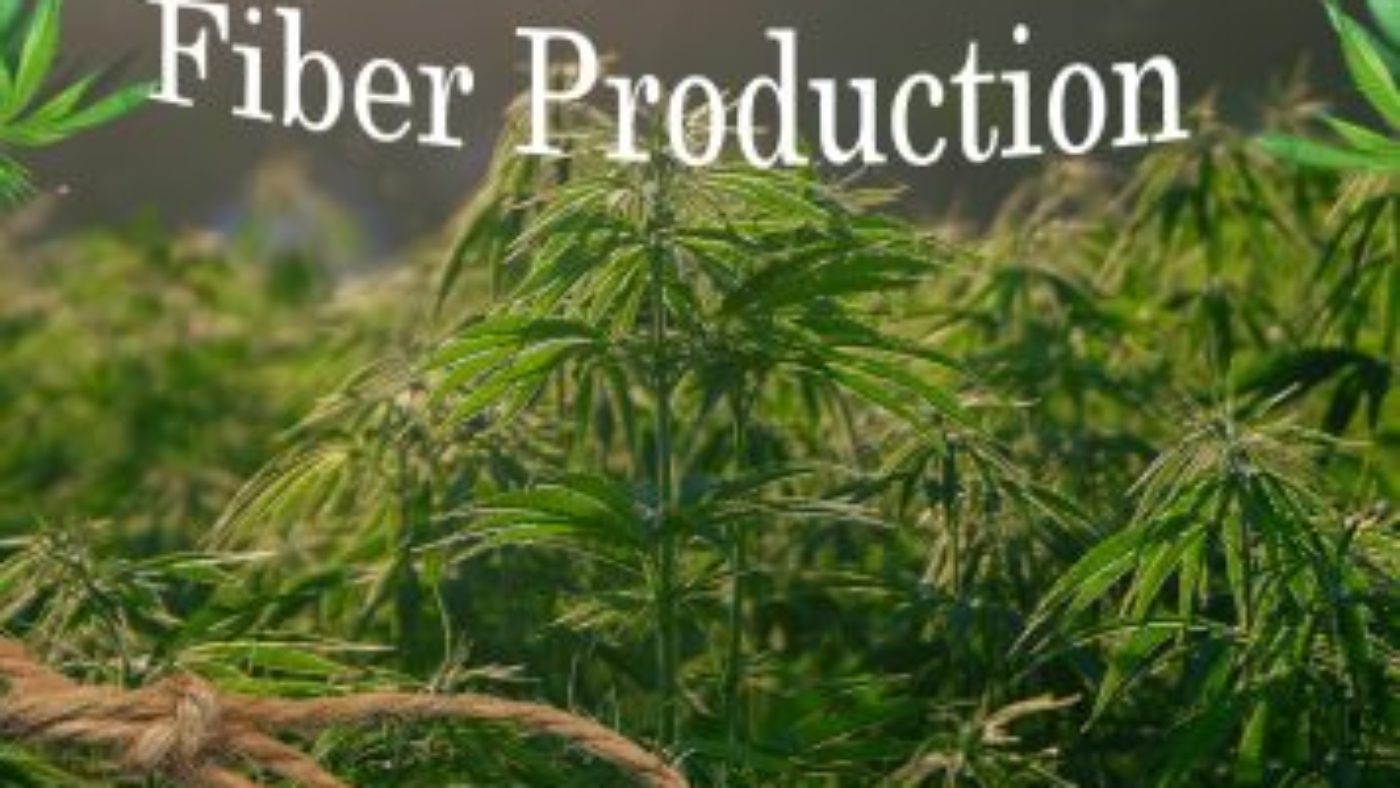The Expansion of Hemp Fiber Production
Hemp fiber is gaining significant attention as industries and governments increasingly recognize its potential. Legalization efforts have paved the way for the expansion of hemp fiber production, opening up opportunities across various sectors. In this blog, we’ll explore how legalization has impacted the industrial use of hemp fiber, its economic benefits, and its diverse applications.
The Impact of Legalization on Hemp Fiber Production
Legalization has played a crucial role in the resurgence of hemp fiber. Once heavily restricted, hemp cultivation is now permitted in many regions, leading to a boom in production. This shift is primarily due to the recognition of hemp as a non-psychoactive plant with immense industrial value.
As governments eased restrictions, farmers began cultivating hemp for its fiber, leading to increased availability. This surge in production has allowed industries to explore and develop new uses for hemp, from textiles to construction materials. Legalization has also encouraged investment in hemp research, resulting in innovative applications and improved cultivation techniques.
Economic Benefits of Expanding Hemp Fiber Production
The expansion of hemp fiber has significant economic implications. Hemp’s versatility makes it an attractive option for various industries, driving demand and creating new markets. As a result, hemp cultivation has become a lucrative opportunity for farmers and businesses alike.
Hemp fiber is not only sustainable but also cost-effective. Its ability to grow quickly with minimal input reduces production costs, making it a competitive alternative to traditional materials. The economic benefits extend to job creation, as the hemp industry requires a diverse workforce, from farming to processing and manufacturing.
Moreover, the use of hemp fiber in industries like construction, textiles, and automotive manufacturing has the potential to reduce reliance on non-renewable resources. This shift towards more sustainable practices could lead to long-term economic growth and stability.
Diverse Applications of Hemp Fiber
Hemp fiber’s versatility is one of its most significant advantages. It is used in a wide range of products, from clothing and accessories to building materials and bio-composites. This broad application spectrum makes hemp an essential material for industries focused on sustainability.
In the textile industry, hemp is valued for its strength, durability, and eco-friendliness. It is increasingly used in clothing, home textiles, and even footwear. Hemp’s natural properties, such as resistance to mold and UV light, make it an ideal choice for outdoor and performance wear.
The construction industry is also tapping into hemp fiber’s potential. Hempcrete, a building material made from hemp hurds, is gaining popularity for its insulation properties and environmental benefits. Hemp fiber is also used in bio-composites, which are employed in automotive parts, offering a sustainable alternative to traditional plastics.
Banana Fibre Products
If you need Banana fibre and their products Click Here.
Discover More About Hemp Fiber Products
The demand for hemp fiber is growing across various industries. From eco-friendly construction materials to sustainable textiles, hemp is proving its worth as a versatile and valuable resource. To learn more about hemp fiber products and their applications, visit HempFiberProducts.com. Explore how hemp is transforming industries and contributing to a more sustainable future.
Conclusion
The legalization of hemp cultivation has unlocked the plant’s potential, leading to significant growth in hemp fiber production. This expansion offers substantial economic benefits and opens the door to diverse industrial applications. As more industries adopt hemp fiber, it’s clear that this sustainable material will play a crucial role in the future of manufacturing and construction.


Add a Comment